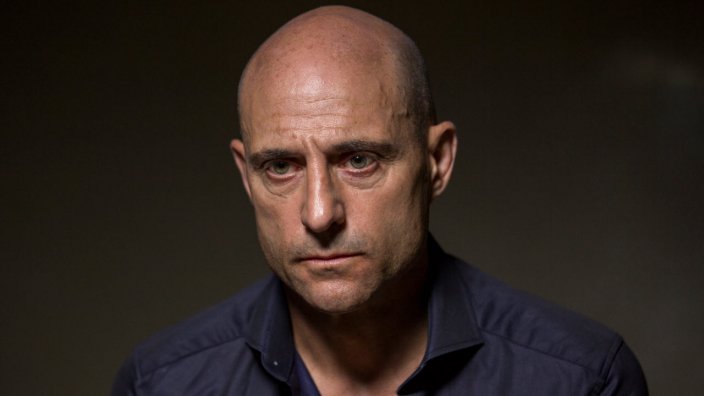
In the UK, those who advocated for the campaign to leave the EU still refer to a mythical pro-European deep state preventing the benefits of Brexit being realised. There are similar emerging narratives and movements in the UK, Germany and other parts of Europe, particularly in Scandinavia. These beliefs have a radicalising effect on some people. In the US (and increasingly in other countries too) people on all sides have come to believe that money, and particularly foreign money, is skewing politics away from the interests of the people. The former academic and now filmmaker Adam Curtis is among those who argue that many powerful people deliberately sow confusion to undermine trust in political institutions (“ hypernormalisation)”, and that this can destabilise the public’s understanding of what is real and what is fiction. They assume their opponents have co-opted a section of government, and media and use this influence to brief aggressively against them. Why did this take hold?Ī key problem in US politics is that all sides are fatigued by polarisation and do not trust their political opponents. That all of these things are true does not mean there is a deep state in the way those using the term mean. Business and lobby groups do influence politics to shape laws and regulations in their favour. The media is a values-and- opinions-led industry run by billionaire owners. There are intelligence agencies operating covertly.

The intelligence services, law enforcement and the media are all underpinned by laws, regulations, courts or other forms of oversight.īut the now-popular concept of a deep state gets dangerously close to conspiracy theory precisely because it is founded on kernels of truth. Much of what some describe as the deep state has legitimate government function.

This force – they say – has persecuted and even assassinated those who stand in their way. Some on the left of US politics also have their own version of a deep state, driven by military and economic leadership, which generates wars and crises to perpetuate their interests. Some also believe the deep state has used or even started or faked the pandemic to curtail their rights. A poll conducted by NPR/Ipsos after the 2020 election found 39% of Americans believe the deep state worked to undermine Trump. Some people remain convinced these activities represent a take-over by unelected officials and reason enough to take up arms, while others see them as a function of a modern state.įor those who travelled to Washington DC on January 6 and proceeded to break in to the building and put the lives of elected representatives at risk, an alleged deep state had orchestrated the “theft” of the presidential election.īut belief in a deep state working against Trump isn’t confined to a fringe minority. Running well placed and therefore vulnerable informants could be an example where direct political oversight is inappropriate. This event is produced in partnership with New York University’s John Brademas Center and the Brennan Center for Justice.ĭavid Rohde, Executive Editor, NewYorker.Some of the elements of what is described as the deep state definitely exist, such as agencies acting covertly, and sometimes without direct oversight from accountable politicians. He is joined by Brennan Center Fellow Michael German, a former FBI special agent and an advocate of intelligence reform. In his new book, In Deep: The FBI, the CIA, and the Truth about America’s "Deep State," Pulitzer Prize–winning journalist David Rohde investigates whether, in the decades since, those agencies and the politicians charged with overseeing them have protected the public or abused their power, and asks whether democratic accountability and political neutrality are possible. Exposing abuses at the FBI and CIA, it pressed reforms to hold them to the rule of law and democratic oversight. Similar concerns have roiled the United States ever since the Church Committee convened nearly half a century ago. President Trump and his allies accuse an unelected “deep state” of undercutting his administration, while his opponents allege that those very officials have facilitated presidential abuses of power.


 0 kommentar(er)
0 kommentar(er)
